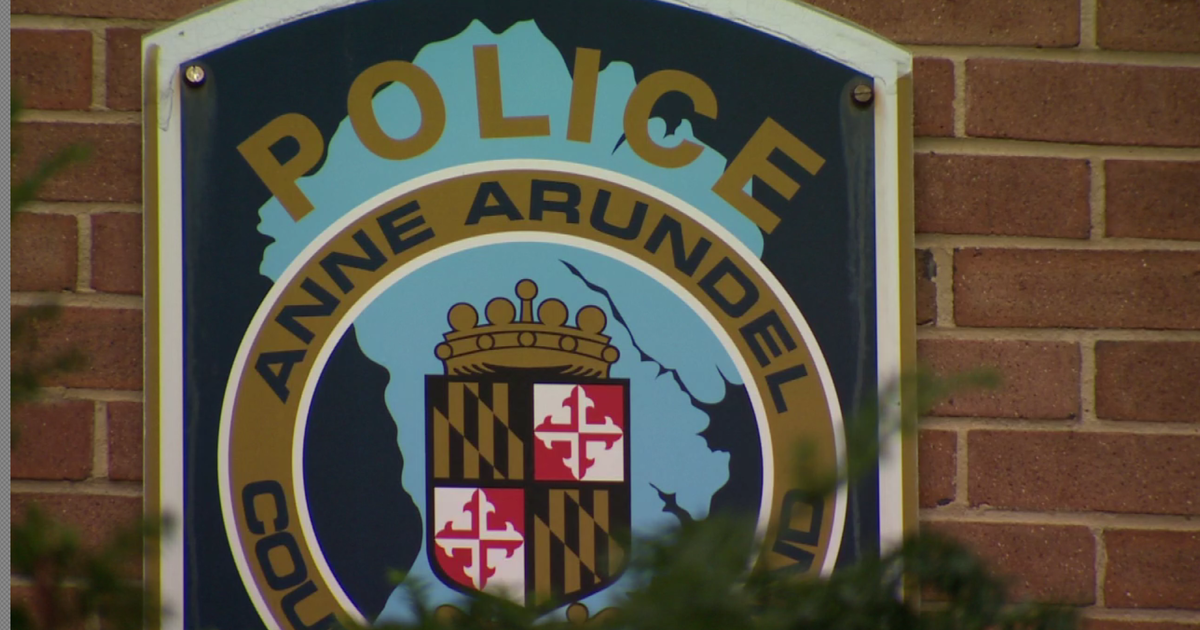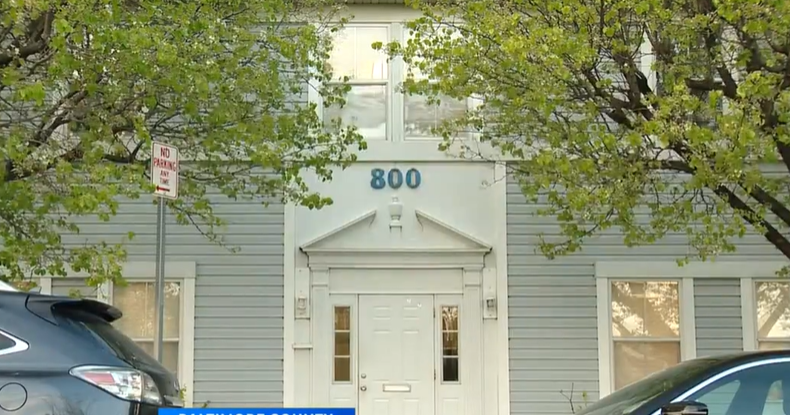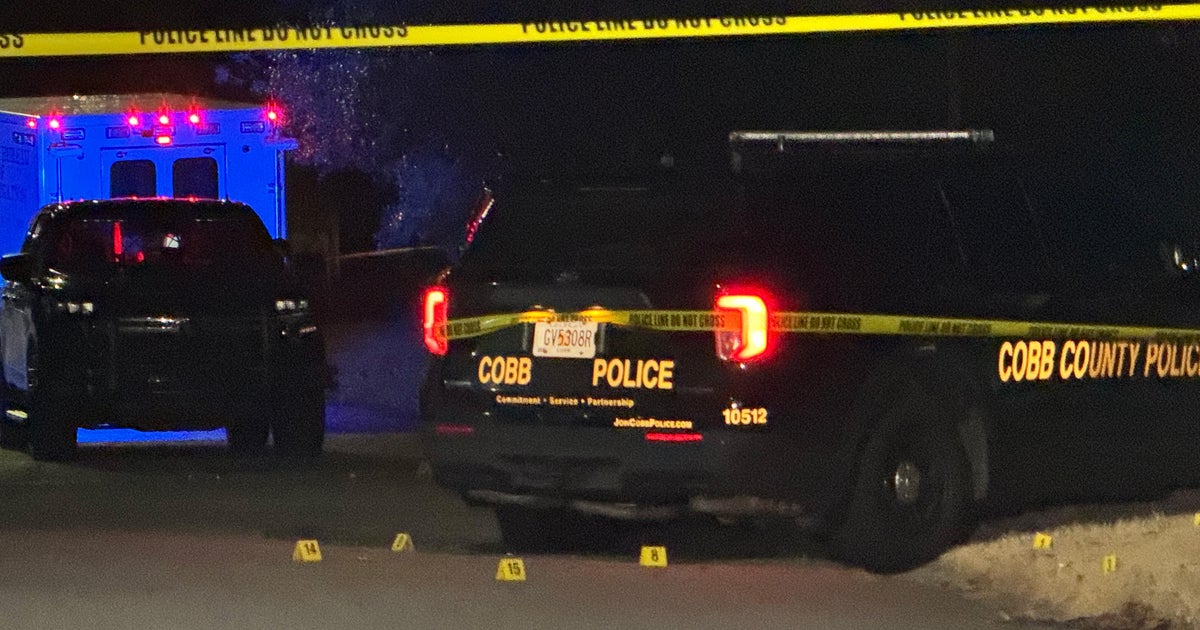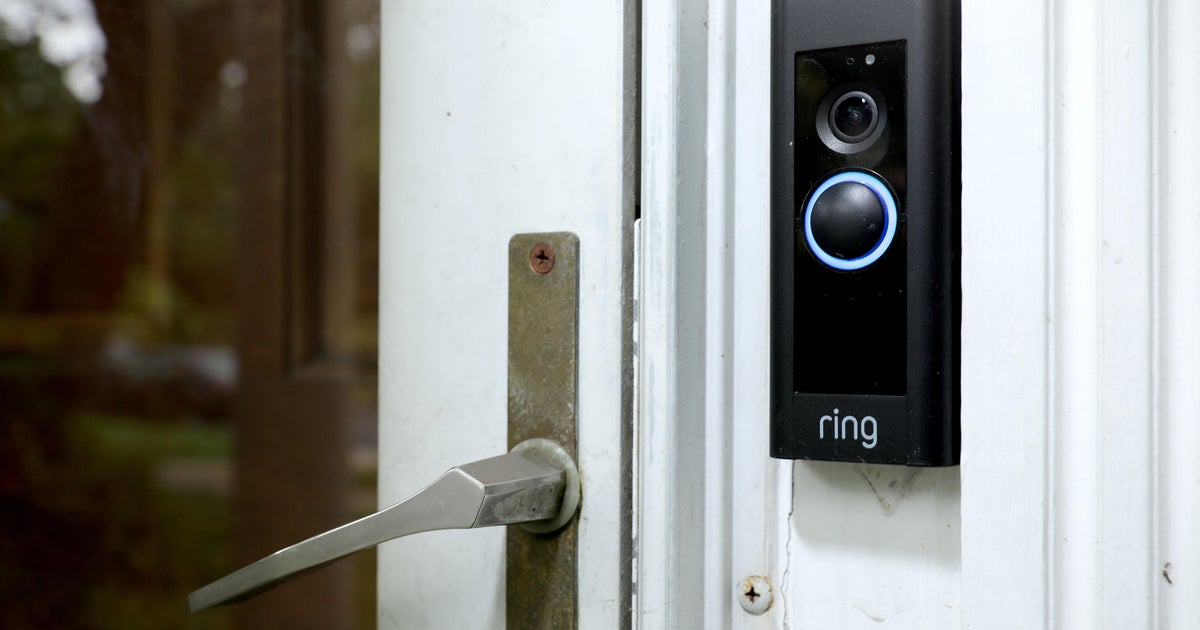Library Porn Citation Upheld In Wisconsin
MADISON, Wis. (AP) — An Eau Claire man didn't have a constitutional right to view pornography on a university library computer, a state appeals court ruled Tuesday.
The case began in December 2014, when two students doing their homework in the University of Wisconsin-Eau Claire library noticed David Reidinger, then 45, was watching pornography on a nearby computer. According to court documents, one of the students reported him to a front desk worker, who called campus police. Officers told Reidinger that his conduct was causing a disturbance and gave a $295 disorderly conduct citation.
Reidinger fought the citation, but Eau Claire County Circuit Judge Kristina M. Bourget ultimately found him guilty.
He argued to the 3rd District Court of Appeals that he had a First Amendment right to view legal adult pornographic material at a public library, pointing to two U.S. Supreme Court decisions, one from 1969 and the other from 1997, that he claimed supported his contention.
In the 1969 decision the court established private possession of obscene materials isn't a crime. In the 1997 case the high court struck down provisions in the federal Communications Decency Act that imposed criminal penalties in attempt to protect minors from indecent and offensive Internet communications. The court found the provisions lacked the precision that the First Amendment requires when a law regulates speech.
Reidinger also alleged that UW System administrators, campus police and prosecutors had harassed him.
The appellate court ruled unanimously in a terse, five-page opinion that the citation was valid. The court said neither of the Supreme Court cases Reidinger cited establishes a First Amendment right to view pornography in a public library or any other public place.
Prosecutors didn't have to prove Reidinger's conduct caused an actual disturbance; they had to show only that the conduct could tend to cause or provoke one, the court ruled. In this case there was enough evidence that Reidinger's public viewing of pornography at the library was indecent and tended to provoke a disturbance, the opinion said.
The court didn't address Reidinger's harassment allegations, calling them "unsupported and undeveloped."
Court records did not indicate an attorney for Reidinger. He said during a brief telephone interview Tuesday morning that he hadn't seen the decision and had no comment.
(© Copyright 2016 The Associated Press. All Rights Reserved. This material may not be published, broadcast, rewritten or redistributed.)







